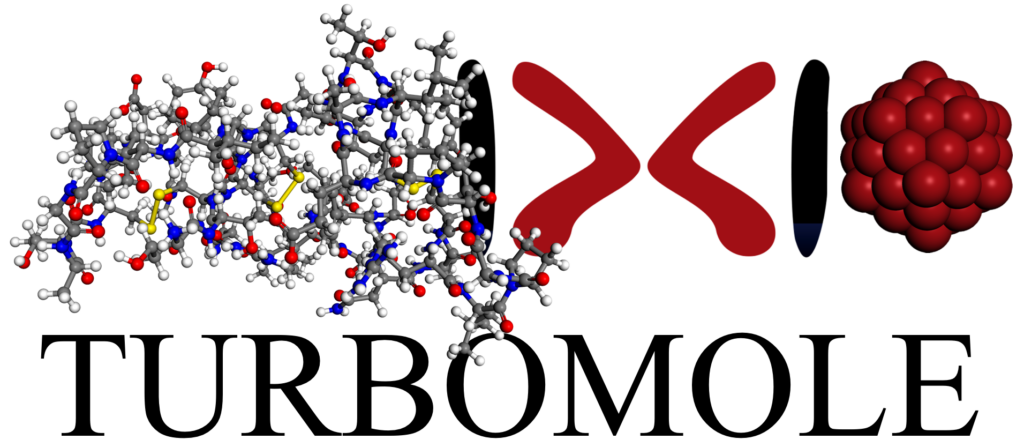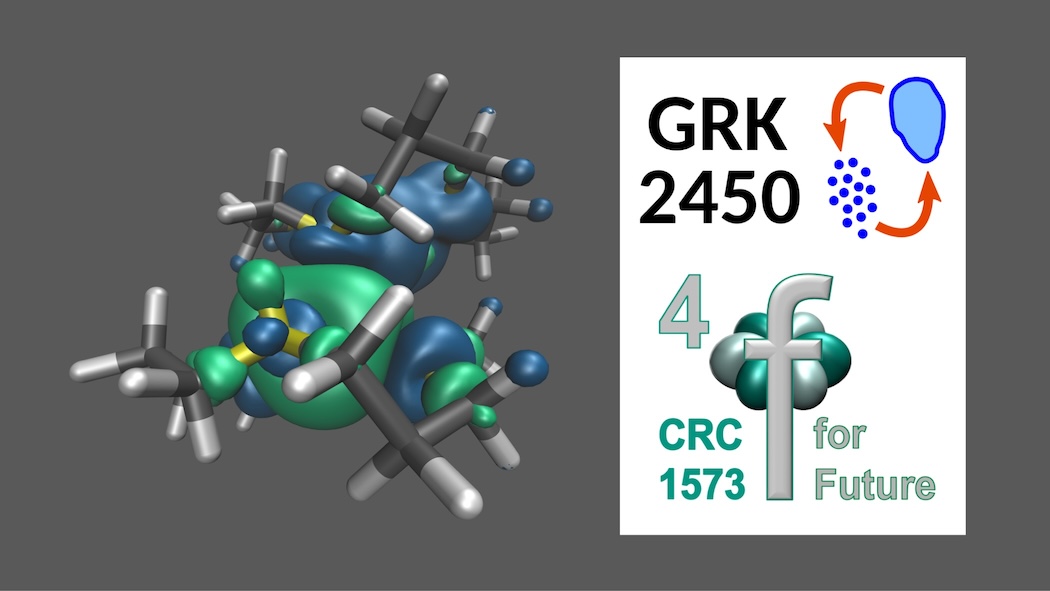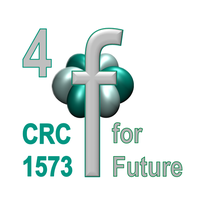sprungmarken_marker_914
New Developments in Quantum Chemistry
Over the past two decades, quantum chemistry has experienced significant advancements, driven by the rapid growth of computational power and the development of sophisticated algorithms. These advancements have allowed researchers to explore complex chemical systems with unprecedented accuracy and detail, leading to a deeper understanding of molecular behavior and reactivity. Looking ahead, the future of quantum chemistry holds great promise as researchers continue to push the boundaries of theoretical and computational methods. The integration of machine learning and artificial intelligence into quantum chemistry workflows is expected to revolutionize the field, enabling faster and more accurate predictions of molecular properties and reactions. However, along with these exciting opportunities come challenges. The increasing complexity of chemical systems and the need for more efficient algorithms pose significant computational hurdles. Additionally, ensuring the reliability and reproducibility of quantum chemical calculations remains a key concern for the field. In the coming 20 years, addressing these challenges will be crucial for the continued advancement of quantum chemistry. By fostering interdisciplinary collaborations, embracing new technologies, and developing innovative methodologies, researchers can unlock new frontiers in our understanding of chemical phenomena and pave the way for groundbreaking discoveries in chemistry and beyond.(Text generated by GPT-3.5 Turbo of OpenAI)
Organizers
M. Elstner, K. Fink, S. Höfener, W. Klopper, F. Studt, W. Wenzel
| Time | Speaker | Title |
|---|---|---|
09:00 - 09:30 |
Towards Predictive and Operando Computational Catalysis – Examples from Transition-Metal Chemistry | |
09:30 - 10:00 |
Using Ensembles to Evaluate Spectroscopic Properties: Case Studies from Transition Metal Chemistry | |
10:00 - 10:30 |
Dynamic correlation for configuration state functions | |
10:30 - 11:00 |
- |
Coffee Break |
11:00 - 11:30 |
Databased accelerated on-the-fly hybrid quantum/classical dynamics | |
11:30 - 12:00 |
The Photochemistry of Photoswitches: Challenges and Progress at the Experimental–Quantum Chemistry Interface | |
12:00 - 12:30 |
Molecular electronics and spintronics as a challenge for first-principles methods | |
| 12:30 - 12:45 | Closing Remarks | |
12:45 - 14:15 |
- |
Lunch Break |
Sponsors
We gratefully acknowledge financial support by the following institutions:
| Standard sponsor | Premium sponsor |
 |
 |







 806
806
